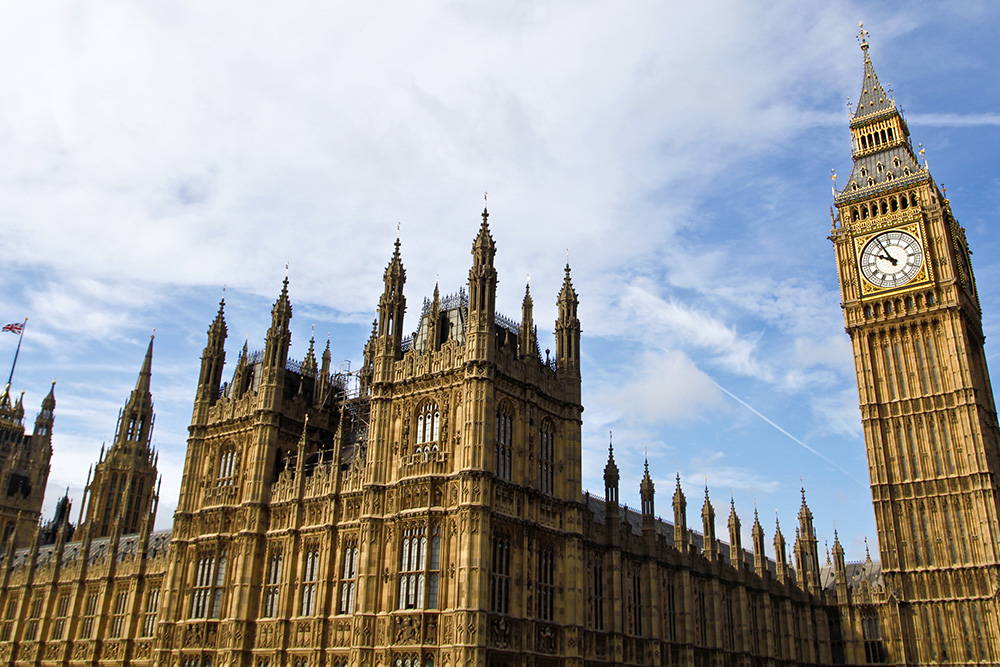Following the government shake-up in the wake of Liz Truss taking over the reins as Prime Minister, the new Chancellor Kwasi Kwarteng has today delivered his first ‘mini’ budget.
The budget has been delivered as a ‘growth plan’ as the UK tackles high inflation and climbing interest rates with the aim of achieving trend growth in the economy of 2.5%. The chancellor said the government will do that by expanding the supply side of the economy through tax incentives and reform – “That is how we will turn this vicious cycle of stagnation into a virtuous cycle of growth.”

